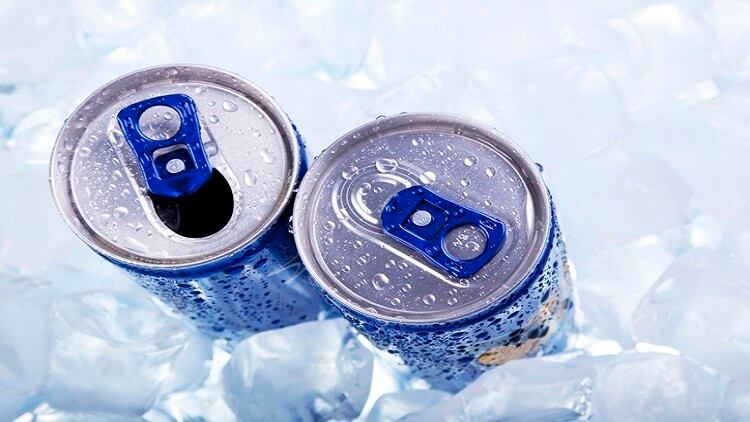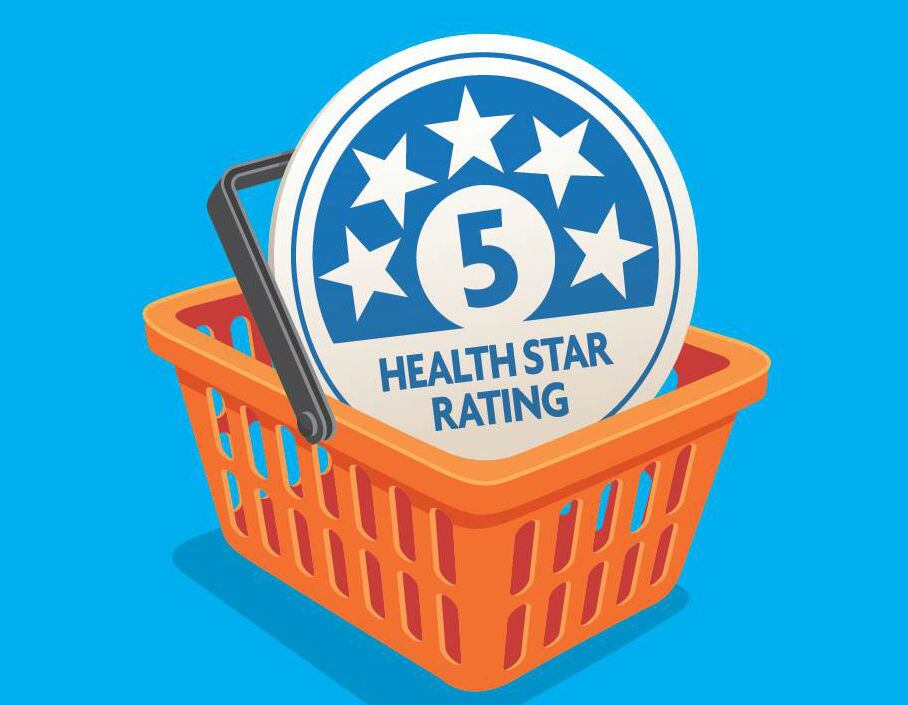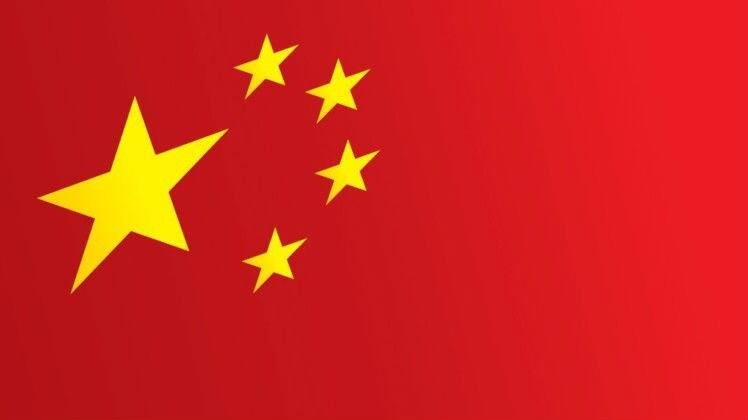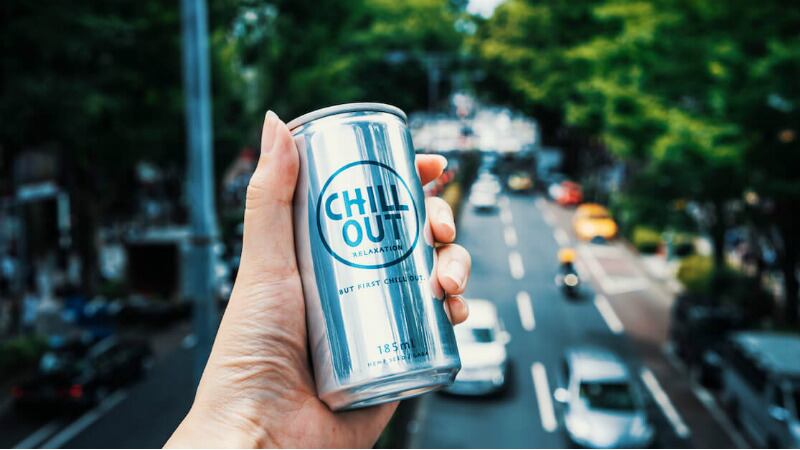Countdown announced the decision earlier this month, saying that signage has been put up in stores to ‘let younger customers know they need to provide ID when buying energy drinks’.
Countdown General Manager Corporate Affairs, Safety and Sustainability Kiri Hannifin said via a statement that support for this initiative was ‘overwhelmingly positive’.
“I think New Zealanders were ready for this discussion around energy drinks. There are genuine concerns out there about the impact of caffeine and sugar on our kids,” she said.
“We know there is more to do but we’re confident this is a good move for the health of Kiwi kids.”
However, industry bodies in New Zealand are much less enthusiastic about the move, and have expressed doubts about both its efficacy and documenting the accompanying benefits.
“It’s an interesting move, but it’s hard to know how effective it will be. We may never know,” New Zealand Food and Grocery Council (NZFGC) Chief Executive Katherine Rich told FoodNavigator-Asia.
“Retailers make all sorts of decisions all the time regarding how they sell products.”
That said, Rich had also previously posted on LinkedIn saying that: “Energy drinks, like caffeinated coffees and teas, are not for children. There is no disagreement about this.”
The New Zealand Beverage Council reacted with ‘disappointment’ at the decision, saying that New Zealand already has some of the ‘strongest energy drink regulations’ in the world, and there was ‘no evidence’ to support this move.
“While we respect the right of Countdown to make this decision, this really is a case of a solution looking for a problem,” said the council’s spokesman Stephen Jones.
“Independent research from Food Standards Australia and New Zealand shows that energy drinks contribute less than three percent of the overall caffeine intake of young people aged between nine and 15, [which shows that] the existing framework around the sale and marketing of energy drinks is effective.”
Caffeine concerns
Caffeine is one of the major ingredients that have caused concern over energy drinks consumption by children. According to Standard 2.6.4 Formulated Caffeinated Beverages under the Australia New Zealand Food Standards Code, energy drinks may not contain more than 32mg of caffeine per 100ml.
This means there is a maximum of 80mg of caffeine in an energy drink can (typically 250ml), which is equivalent to that in a cup of instant coffee as per FSANZ July 2019 analytical data.
“[An] FSANZ Expert Working Group [has] concluded that there is evidence of increased anxiety levels in children at doses of about 3 mg of caffeine per kg of bodyweight per day,” said FSANZ via its website.
“The anxiety level for children aged five to twelve equates to a caffeine dose of 95 mg per day and about 210 mg per day for adults.”
The assumption here is that energy drink consumption for children can be considered ‘safe’ in terms of caffeine content and anxiety levels – as long as they are able to limit the number of cans they drink.
“A wide range of products contain caffeine and instead of focusing on energy drinks, we should focus on understanding how and why children are accessing caffeine and what we can all do to better educate consumers about the caffeine content across all food categories,” said Jones.
However, no mention was made about energy drinks’ sugar content, which Hannifin also mentioned as a reason for the ban.
According to research from the University of Auckland, the sugar content in a typical can of energy drink is seven grams, or 6.5 teaspoons of sugar per 236ml, even more than that in soft drinks (26 grams) and sweetened drinks/flavoured milks (24 grams).
The high sugar content was also the reason for Middle Eastern nation Qatar to have implemented a 100% tax on energy drinks, more or less doubling the prices of all such products.





